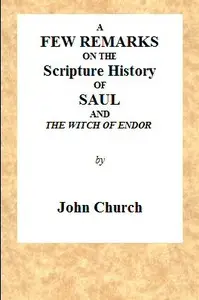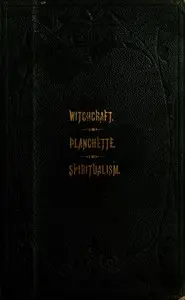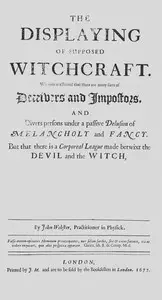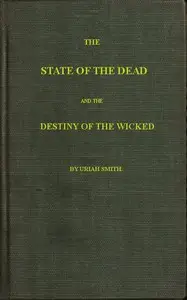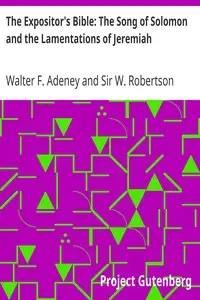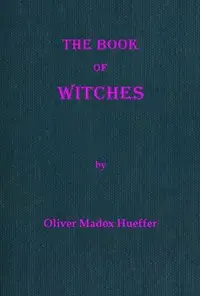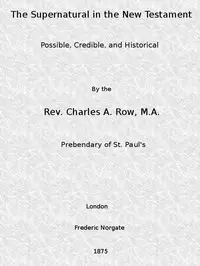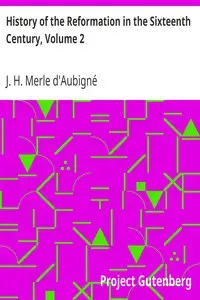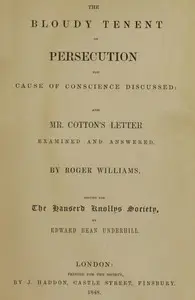"A True Interpretation of the Witch of Endor" by Lodowick Muggleton is an early 18th-century exploration of a well-known Bible story. He looks at the story of the Witch of Endor from the Old Testament, checking out the idea of Familiar Spirits and how the living and the dead might interact, mainly focusing on King Saul talking to the witch and the spirit of Samuel. Muggleton tries to explain what it means for spirits to exist without bodies, questioning common ideas about the afterlife and witchcraft. He questions whether spirits can exist without bodies and the common belief that the witch somehow raised Samuel from the dead to talk to Saul, instead suggesting that Samuel's voice was Saul's own guilt, and the familiar spirits witches supposedly talk to come from their own minds.
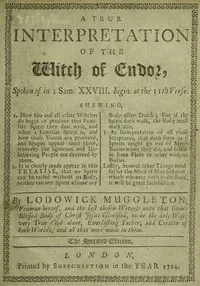
A True Interpretation of the Witch of Endor
By Lodowick Muggleton
Uncover the truth behind a biblical mystery where the voice of the dead may just be the echo of a guilty conscience.
Summary
About the AuthorLodowicke Muggleton (1609–1698) was an English religious thinker who gave his name to Muggletonianism, a Protestant sect which was always small, but survived until the death of its last follower in 1979. He spent his working life as a journeyman tailor in the City of London and was imprisoned twice for his beliefs. He held opinions hostile to all forms of philosophical reason, and had received only a basic education. He encouraged quietism and free-thought amongst his followers whose beliefs were predestinarian in a manner that was distinct from Calvinism. Near the close of his long life, Muggleton wrote his spiritual autobiography which was published posthumously.
Lodowicke Muggleton (1609–1698) was an English religious thinker who gave his name to Muggletonianism, a Protestant sect which was always small, but survived until the death of its last follower in 1979. He spent his working life as a journeyman tailor in the City of London and was imprisoned twice for his beliefs. He held opinions hostile to all forms of philosophical reason, and had received only a basic education. He encouraged quietism and free-thought amongst his followers whose beliefs were predestinarian in a manner that was distinct from Calvinism. Near the close of his long life, Muggleton wrote his spiritual autobiography which was published posthumously.

